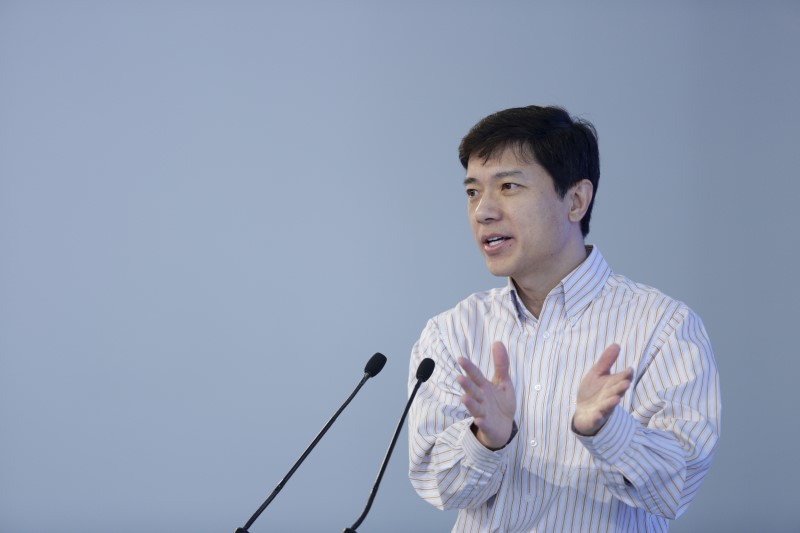BEIJING - Baidu (NASDAQ:BIDU), Inc. (NASDAQ: BIDU and HKEX: 9888), a prominent AI company, has rolled out a significant update to its autonomous ride-hailing service, Apollo Go, by introducing 24-hour operations in select areas of Wuhan. This development marks the company as the first in China to offer a 24/7 autonomous driving service.
The expansion to round-the-clock service is a considerable advancement for Apollo Go, aiming to meet the diverse travel needs of users at any hour, enhancing the convenience and safety of nighttime transportation.
This move is part of a series of operational achievements for Baidu's autonomous vehicle platform. On February 27, 2024, Apollo Go commenced fully driverless rides across the Yangtze River in Wuhan, showcasing its capability to navigate complex terrains. Additionally, Baidu pioneered driverless airport transport services in Wuhan in August 2023 and extended similar services to Beijing later in February 2024, with the commencement of robotaxi pilot operations to Beijing Daxing Airport.
Wuhan has emerged as a frontrunner in intelligent transportation, with autonomous vehicles in the city having logged over 3,378.73 kilometers by the end of 2023. Apollo Go operates 300 fully driverless vehicles in Wuhan, covering a vast area that is home to more than 7.7 million people.
In celebration of International Women's Day, Apollo Go has launched a campaign offering female users priority service during late-night hours, paired with an intelligent in-car voice service. The company's user-centric approach has resulted in a 97.12% five-star review rate on its app.
To date, Apollo Go provided over 5 million cumulative rides as of January 2024 and is actively expanding its fully autonomous ride-hailing services to more locations. The service is currently available in over ten cities, including Beijing, Wuhan, Shenzhen, and Chongqing.
Baidu was founded in 2000 with the mission to simplify the complex world through technology. The information in this article is based on a press release statement.
This article was generated with the support of AI and reviewed by an editor. For more information see our T&C.
